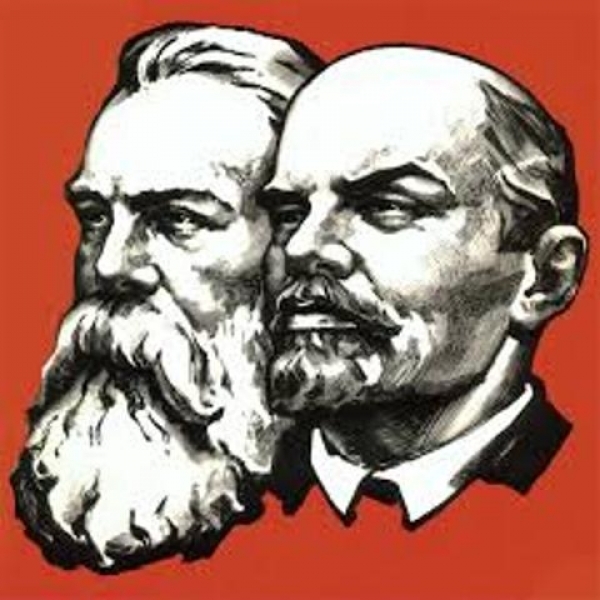Bhaskar Parichha
Dr. Ram Manohar Lohiya, a great socialist leader believed that a real transformation could be brought about if three things were ensured: ballot, shovel and jail.

Dr. Ram Manohar Lohiya despite being a great socialist leader was disliked by the Communists no end. Communists believed Lohiya was the most controversial socialist leader who had no fixed conviction and experimented with different ideas at the cost of some original thoughts. Lohiya vehemently opposed Marxism-Leninism. In his view, there was not much difference between Capitalism and Communism. Strangely, Lohiya neither wanted to be a Marxist nor an anti-Marxist.
Similarly, he was not prepared to call himself either a Gandhian or an anti-Gandhian. He appropriated some concepts from both Karl Marx and Mahatma Gandhi and gave a new school of thought which his disciples call ‘Lohiyaite Socialism’. Lohiya was of the view that the major contradictions of the twentieth century were the clash between Imperialism and Colonialism, Socialism and Capitalism. On the other hand, Marxists-Leninists held that the 20th century was the age of national freedom movements and the demise of Capitalism. They believed that these contradictions would ultimately pave the way for Socialism.

But Lohiya believed the real challenge of the twentieth century lay in facing the mindless cruelties. He gave a seven-fold prescription to counter the brutalities and the incongruities. These seven ideas were: man-woman equality, end of racism- based discriminations, end of discriminations of birth and caste, ending cruelties meted out by foreign powers and establishment of a world government, end of economic disparities arising out of private property, stopping use of arms and establishment of civilian order and, lastly, countering the attacks on personal freedom.
Lohiya advocated four-fold division of the polity which was essential to move towards true socialism-village or town, district, state and center. Instead of a single center encompassing all authority, he proposed division of power among all the above four constituents of power. He believed that a real transformation could be brought about if three things were ensured: ballot, shovel and jail. While the ballot was the symbol of individual participation in elections, the shovel was the sign of constructive work and jail represented opposition and struggle.
Lohiya advocated caste struggle in place of class struggle of the Marxist-Leninists variety and went along the line. Likewise, he championed satyagraha and constructive work instead of the proletariat struggle and leadership. It is common knowledge that his ideas of socialism were not suitable and they lacked realism. Perhaps for this reason, Lohiyate Socialism never saw the light of the day.
In 1952, a special session was held in Pachmarhi where Indian socialism got a boost. The party president Narendra Dev could not attend the session. Dr. Lohiya presided over the session in Narendra Dev’s absence and addressed the gathering. Commenting on Lohiya’s presidential speech, Madhu Limaye said the Pachmarhi address was a great motivational factor for the socialists.
Ram Manohar Lohiya advocated Indian socialism at the altar of Marxism. Even that could not be adhered to till the end. While trying to give new meaning and shape to Indian socialism, Lohiya further landed himself on the anti –Congress platform by the early sixties which yielded astounding results till 1967.
(The author Bhaskar Parichha is a Bhubaneswar based senior journalist and columnist. Views are personal)
Tags: #LohiyaAdvocy #RamManoharLohiya #IndianSocialism #MarxistLeninists #SocialActivist #MahatmaGandhi





















